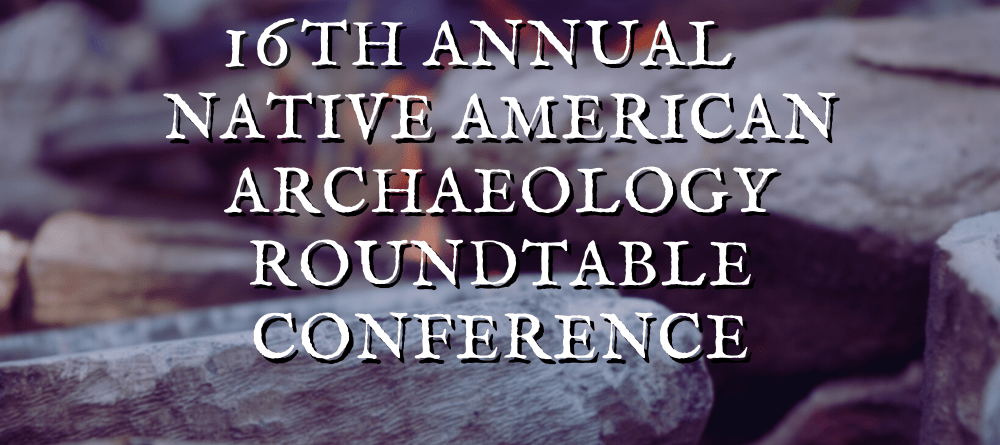october, 2021

Event Details
North American anthropology had its beginnings in the late 18th and early 19th centuries, when scholars were laboring under the misconception that Indigenous peoples were simple and primitive, and thus
Event Details
North American anthropology had its beginnings in the late 18th and early 19th centuries, when scholars were laboring under the misconception that Indigenous peoples were simple and primitive, and thus their cultures and communities were doomed to extinction and fast disappearing. American archaeology, a sub-discipline of anthropology, also embraced these erroneous stereotypes.
Nineteenth and early 20th century archaeologists often ignored the viewpoints of community leaders and knowingly excavated Indigenous burials and other sacred sites. During the later 20th century relations between archaeologists and Native American communities began to change, particularly after the passage of federal environmental regulations and the Native American Graves Protection and Repatriation Act (NAGPRA) in 1990, which required archaeologists and museum officials to consult with federally recognized tribes about archaeological surveys, excavations, and artifacts.
Indigenous-led archaeology programs that balance and enhance perspectives on interpretations about North American history and non-invasive archaeological technologies were introduced. This year’s Native American-Archaeological Roundtable Conference focuses on the archaeological present (grounded in the past) to explore future pathways to reconciliation and mutual resolution.
Scheduled speakers: Dr. Margaret Bruchac (UPENN)); Rolf Cachat-Schilling (MA Ethical Archaeological Society): Brenda Geer (Eastern Pequot/NAHAC); Bonney Hartley (Stockbridge Munsee-Mohican); Michael Johnson (Mashantucket Pequot); Catherine Labadia (CT SHPO); Marissa Turnbull (Mashantucket Pequot). Organizer & Chair: Dr. Lucianne Lavin (IAIS).
Open to the public $10 conference fee. Pre-registration required. REGISTER HERE
Time
(Saturday) 9:30 am - 4:30 pm